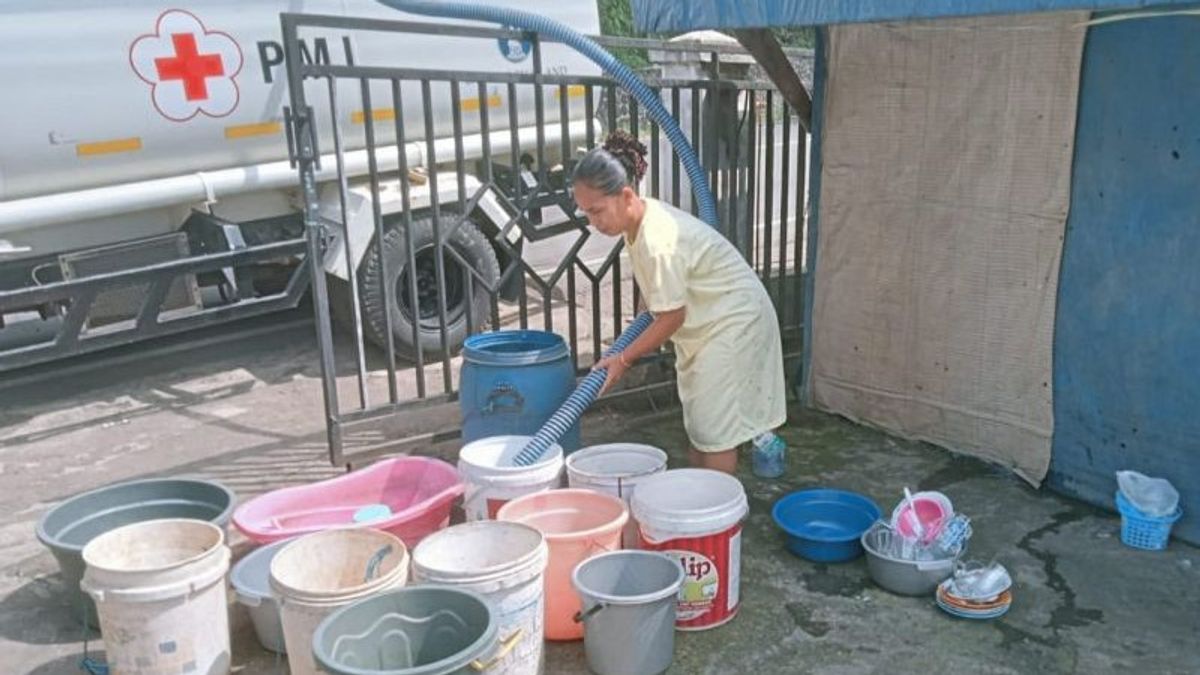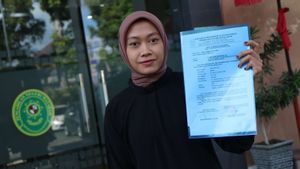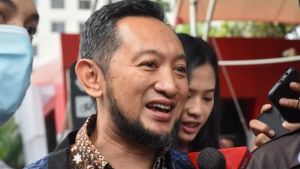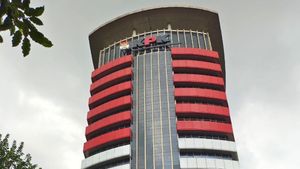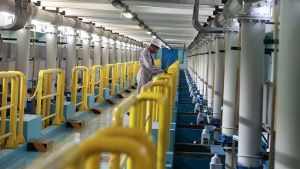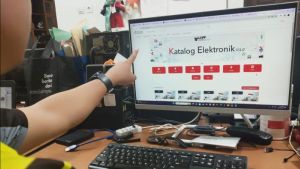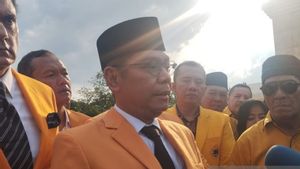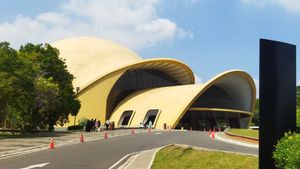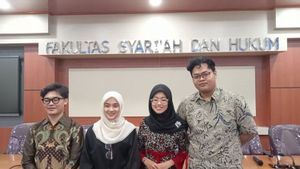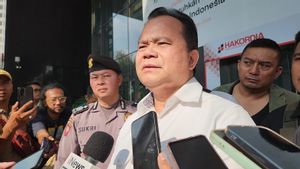The Regional Disaster Management Agency (BPBD) has asked residents of Cianjur Regency to prepare water reservoirs and infiltration ponds to anticipate the impact of the dry season, triggering drought.
Secretary of BPBD Cianjur Rudi Wibowo admitted that his party had mapped areas prone to drought when the dry season hit Cianjur.
"We have prepared a number of patterns, including preparing clean water supplies using tank trucks that can reach a number of villages in the eastern and northern regions of Cianjur," he said in Cianjur, West Java (West Java), Wednesday, July 12, which was confiscated by Antara.
Rudi added that the Cianjur BPBD also coordinates with related agencies, sub-district and village officials, to anticipate together by creating a centralized reservoir so that the supply of clean water from tank trucks can reach remote areas.
"According to the instructions of the Regent of Cianjur, we have asked the sub-district and village officials to immediately build a reservoir or reservoir in the red zone of drought, so that during the dry season residents have no trouble getting clean water for their daily needs," he said.
SEE ALSO:
Based on the search, hundreds of families in Rawa Sampih Village, Kemang Village, Bojongpicung District, were forced to bathe and wash in the Cihea River during the current dry season.
This activity was carried out by residents because their wells began to dry up and were only used for cooking needs.
"We only use well water for daily cooking purposes because the discharge continues to decrease and some of the residents' wells have dried up. To bathe and wash more residents using river water," said a local resident, Aep Saepuloh.
Residents have complained about the same thing in a number of villages in Sukaluyu and Karangtengah Cianjur sub-districts. To meet the needs of clean water, residents are forced to walk two kilometers along the cliffs to reach the springs every morning and evening.
The English, Chinese, Japanese, Arabic, and French versions are automatically generated by the AI. So there may still be inaccuracies in translating, please always see Indonesian as our main language. (system supported by DigitalSiber.id)
